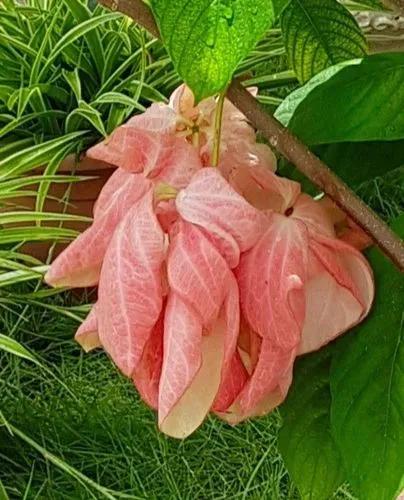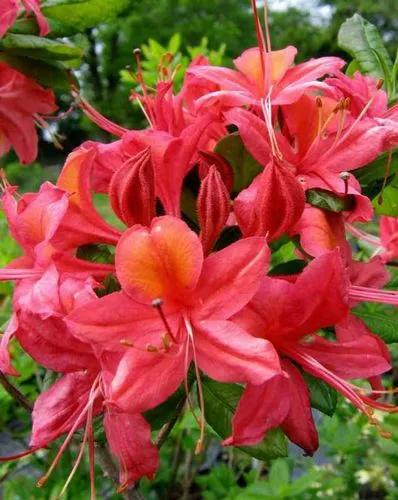Erysimum, or wallflower, is a genus of flowering plants in the cabbage family, Brassicaceae. It includes more than 150 species, both popular garden plants and many wild forms. The genus Cheiranthus is sometimes included here in whole or in part.
Wallflowers Care
Erysimum



Wallflowers are annuals, herbaceous perennials or sub-shrubs. The perennial species are short-lived and in cultivation treated as biennials. Most species have stems erect, somewhat winged, canescent with an indumentum of bifid hairs, usually 25 ± 53 cm × 2–3 mm in size, and t-shaped trichomes. The leaves are narrow and sessile. The genus name Erysimum is derived from the Greek word 'Eryo' meaning to drag.
How to Care for the Plant

Water

Keep the soil or compost moist, especially when plants are flowering.

Fertilizer

Add a general or high potash granular feed to the soil before planting out. Also, regular liquid feeds will help prolong the flowering period.

Sunlight

Bedding wallflowers prefer to be grown in full sun, but will tolerate light or dappled shade.

Soil

Prefer a well-drained, moderately fertile soil that is neutral or slightly alkaline. For best result, they prefer a fertile soil enriched with lots of organic matter, which holds plenty of moisture in spring and summer, doesn’t dry out or become waterlogged. However, they will tolerate poor soils.

Temperature

Annual wallflowers do best in the areas where the nighttime summer temperatures are below 65°F. They thrive in cool temperatures and stop blooming once hot weather arrives.

Popularity

70 people already have this plant 26 people have added this plant to their wishlists
Discover more plants with the list below
Popular articles






